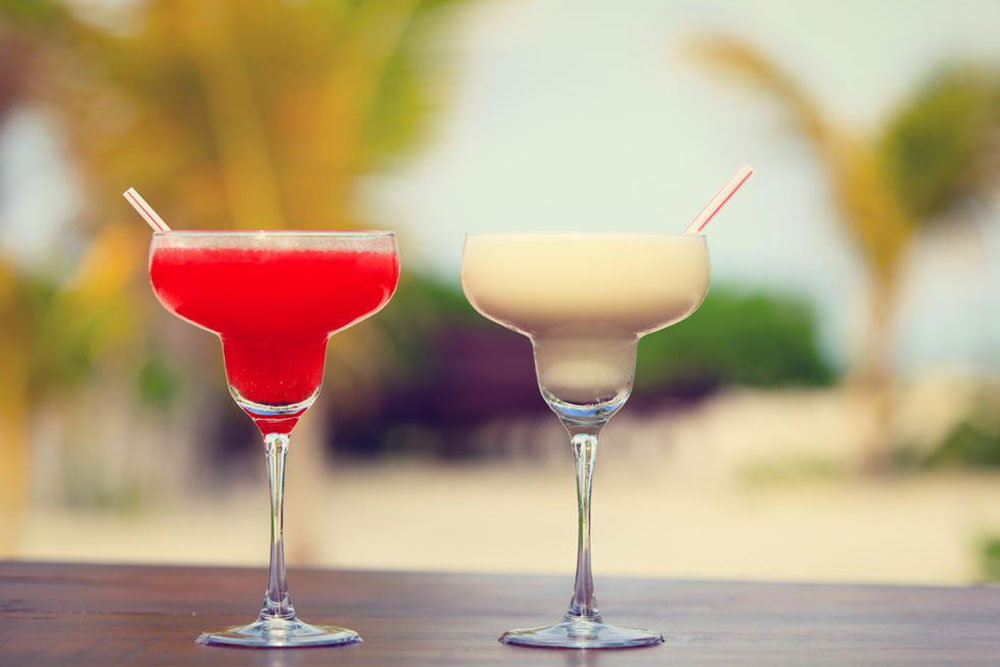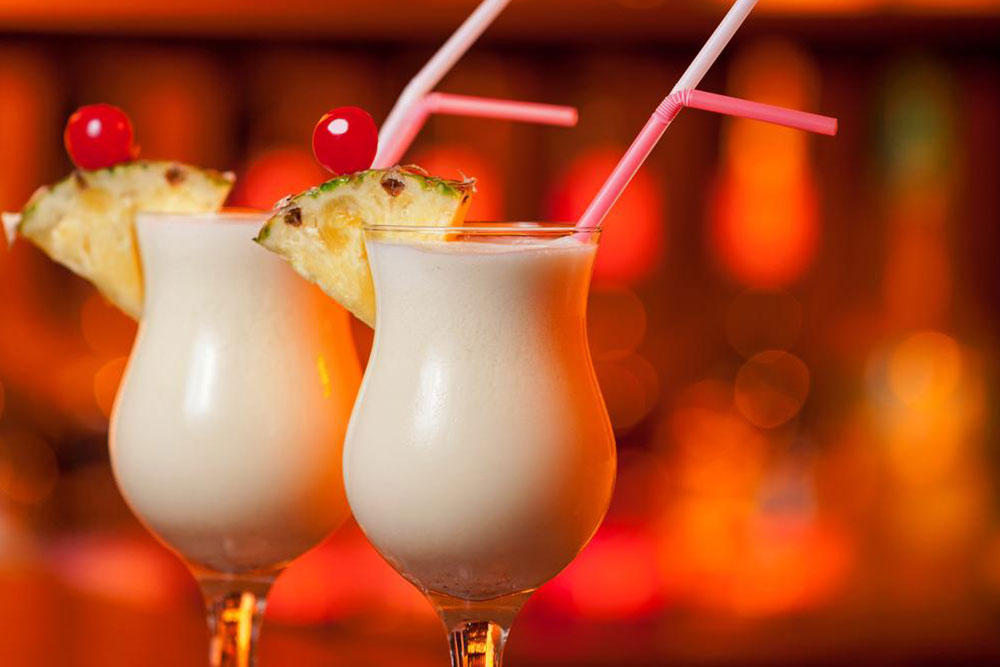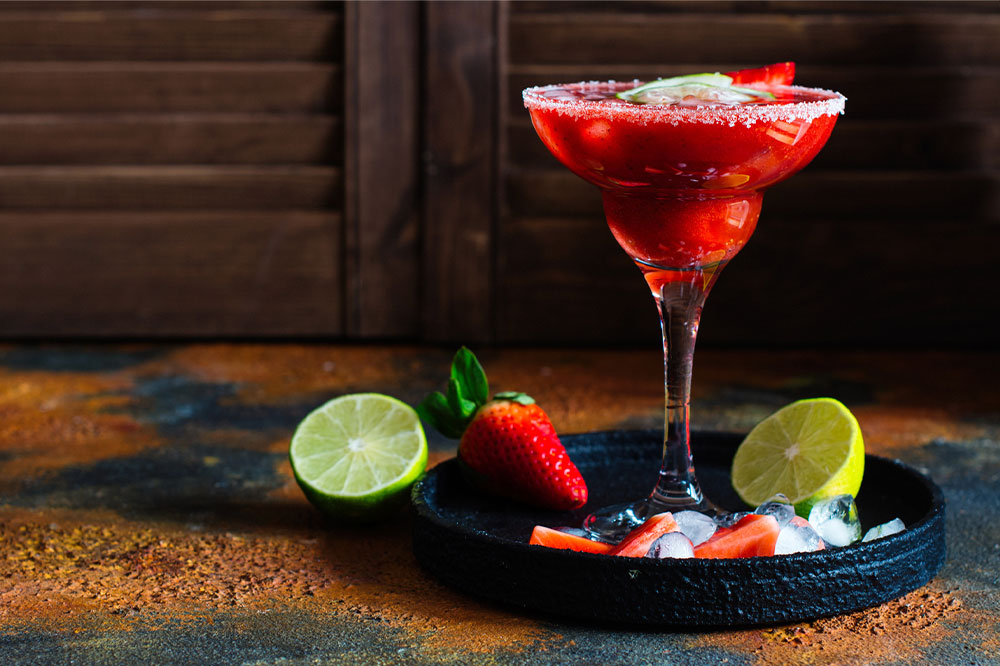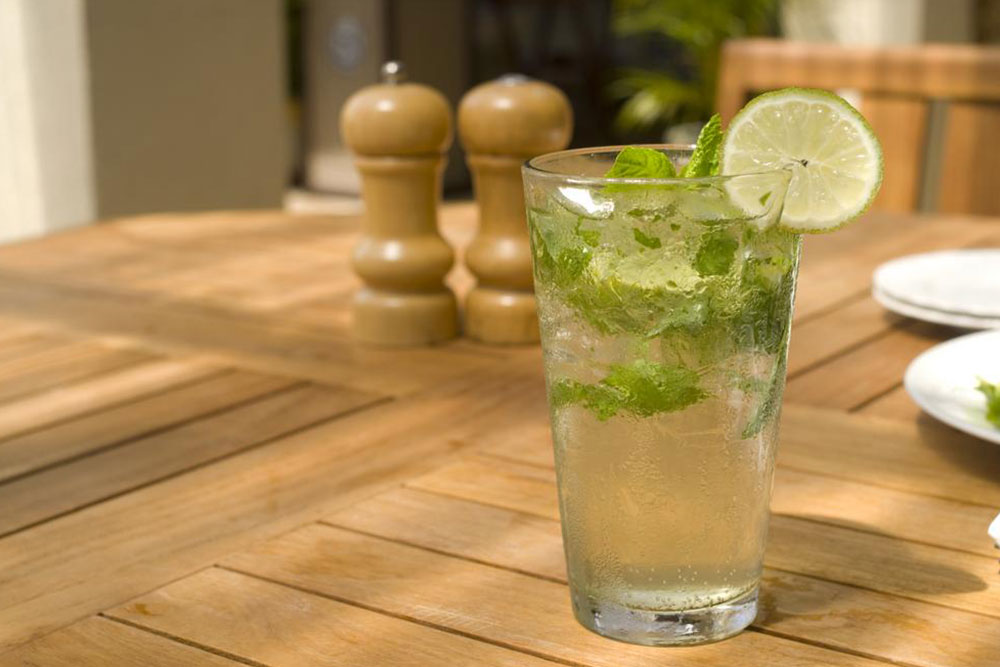Uncovering the Origins of the Tropical Pina Colada Cocktail
Explore the fascinating history of the Pina Colada, from its pirate origins and Puerto Rican roots to its rise as a globally beloved tropical cocktail. Discover how a mix of coconut, pineapple, and rum became an icon celebrated locally and internationally, especially after inspiring Rupert Holmes' hit song. Perfect for beach lovers and cocktail enthusiasts alike.
Sponsored

The famous song "Escape (The Pina Colada Song)" by British-American artist Rupert Holmes debuted in 1979, capturing audiences with its catchy melody and fun lyrics about love, rain, and tropical escapes. This tune has featured in blockbuster movies like Guardians of the Galaxy and Shrek, boosting the cocktail's popularity. The simple, memorable words evoke images of dancing in rain or relaxing on sunny beaches, especially those of Puerto Rico, the birthplace of the Pina Colada.
In 1978, Puerto Rico officially adopted the Pina Colada as their national drink, celebrating it annually on July 10. This iconic cocktail combines pineapple juice, creamy coconut milk, and rum, with its name meaning "strained pineapple" in Spanish. The original recipe is credited to Puerto Rican bartenders Ramón "Monchito" Marrero Perez and Ramón Portas Mingot. Legend has it that Marrero created the first Pina Colada at the Caribe Hilton Hotel in San Juan in 1954, mixing coconut cream, pineapple juice, and rum. Another story attributes its creation to Mingot at Barrachina Restaurant in 1963. Historically, the drink's roots trace back to the 19th century pirate Roberto Cofresi, who reputedly crafted a coconut and pineapple mixture to energize his crew. Although its origins are linked to pirates and experimentation, the Pina Colada was revived by local bartenders and gained worldwide fame through Holmes's hit song, embodying Caribbean tropical charm.





